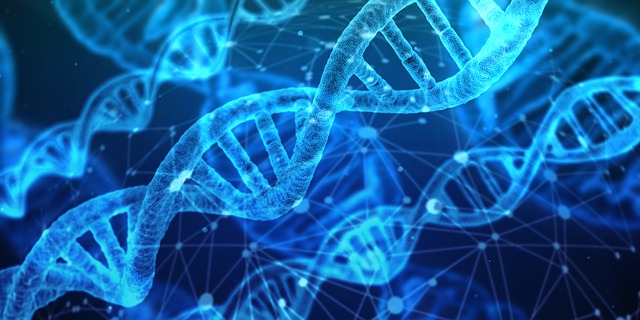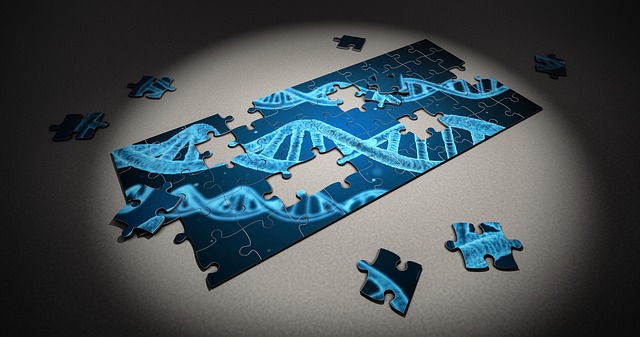Rumors on DNA mutation have come from ill-informed understanding and media sources such as movies and uninformed people.
It is important to verify everything you hear before you accept it as the truth. Having the wrong information can cause one to make the wrong decisions regarding their DNA and health in general.
The following rumors are surprisingly widespread in the general population, regarding DNA mutations:
1. All mutations are fatal

The first thing that comes to mind when most people think about variations is Cancer and death. While some DNA mutations can lead to the death of a fetus in the womb and severe complications after birth, most of them are not that bad.
Many people are not aware that mutations can also work for us. Beneficial mutations also take place in the body to eliminate or introduce a gene that should or shouldn’t be present. Such mutations can lead to an increase in bone strength, anti-aging characteristics, and immunity against diseases.
2. All mutations are physical

The fact that you have a mutation doesn’t mean that it will manifest in the form of something physical. Having a mutation doesn’t necessarily mean that you’ll have a missing limb or a bigfoot. Some mutations are so subtle; it’s hard to notice.
It may mean that one has even more patience than everyone else in the family. One can be slightly shyer or even more outgoing than everyone else from the same descent. Harmful nonphysical mutations include those that predispose one to mental illnesses such as anxiety, depression, and schizophrenia.
3. Mutations can’t be prevented

Mutations are random occurrences which are out of our control, but that doesn’t mean we can’t reduce their chances of occurring. Daily practices and exposure to certain things may increase our chances of having mutations in our genes, especially for pregnant women.
Exposure to certain environmental factors such as ultraviolet light, drugs, radiation, and chemicals can cause mutations. Therefore, exposure to such elements should be limited to a minimum.
4. Mutations are always passed on

Just because you have a variation doesn’t mean your children will inherit it. Some modifications are even acquired during your lifetime, and therefore you could be the first or last mutant in a generation.
A lot of research is being done on the ways to reduce the chances of passing on mutations, and some scientists have been successful. Parents who are scared of passing down their disorders to their children can now hope in processes such as Gene editing and IVF- in vitro fertilization in CRI genetics.
5. All mutations involve removal of a gene
 gri ge
gri ge
Despite deletion being the most common type of mutation, there are three other types. Insertion, substitution, and inversion. Substitution involves replacement of a specific nucleotide with another leading to the coding of a different gene.
Insertion is the addition of a nucleotide leading to alteration in the function of the protein formed. An inversion occurs when a part of the chromosome always breaks and then attaches back in a rearranged form.
